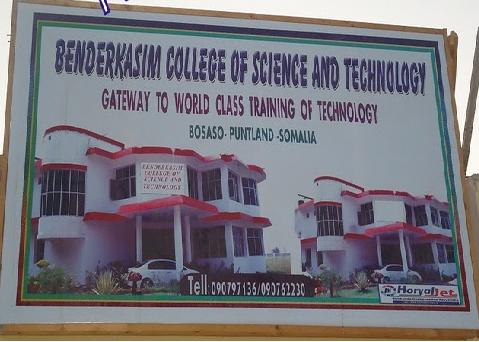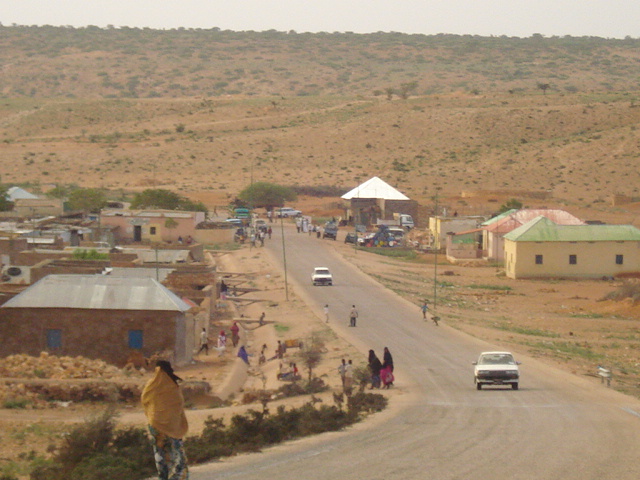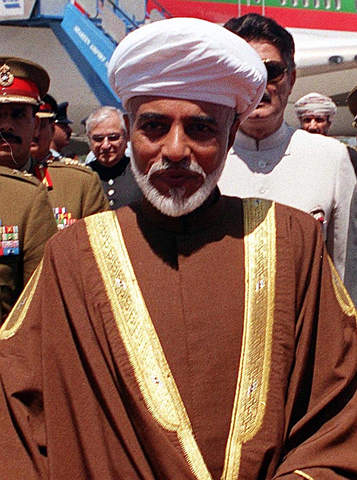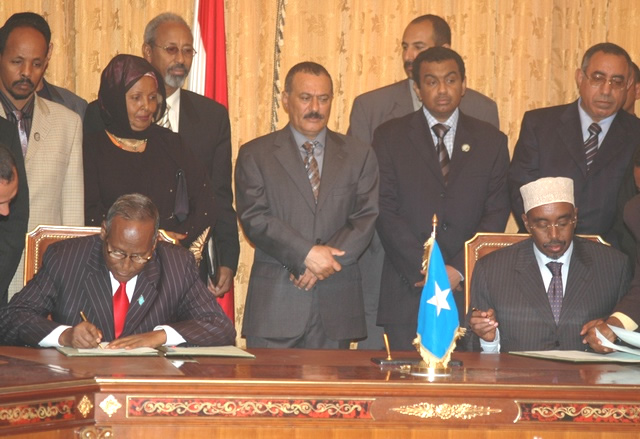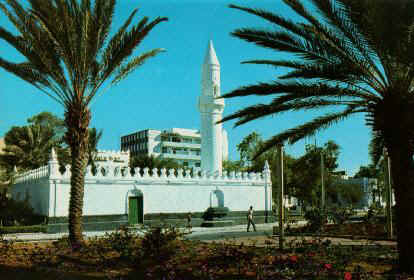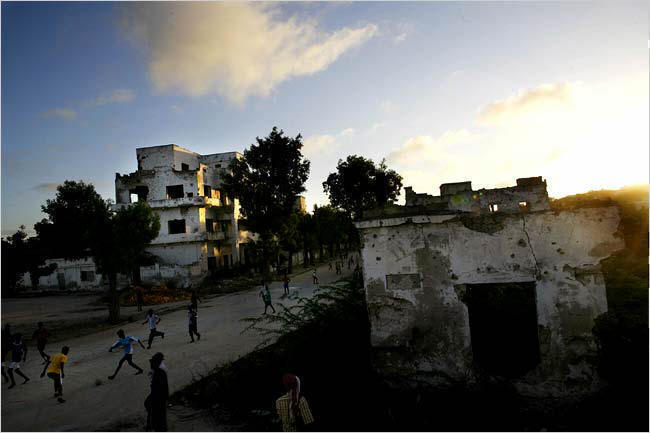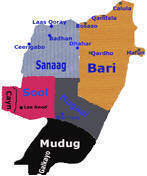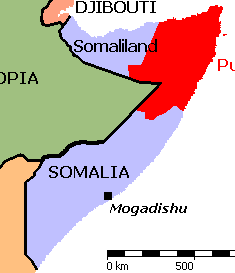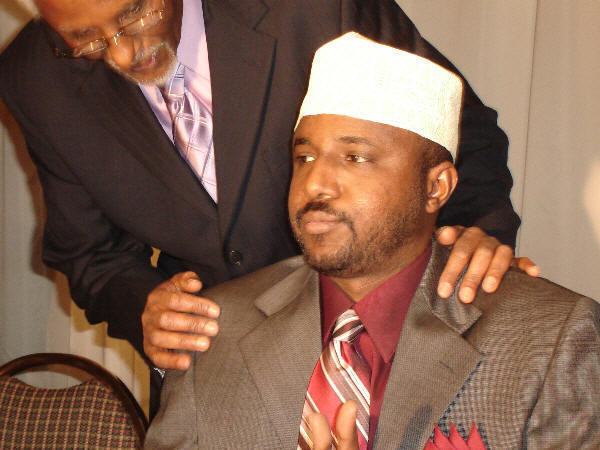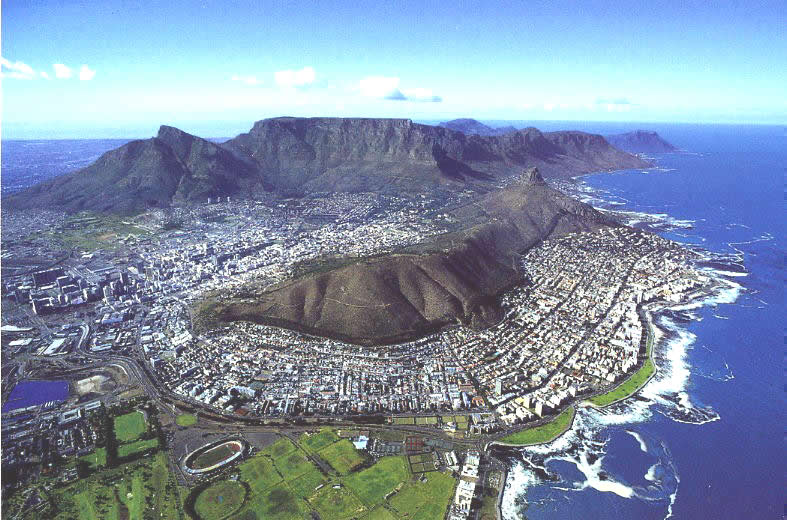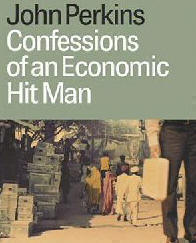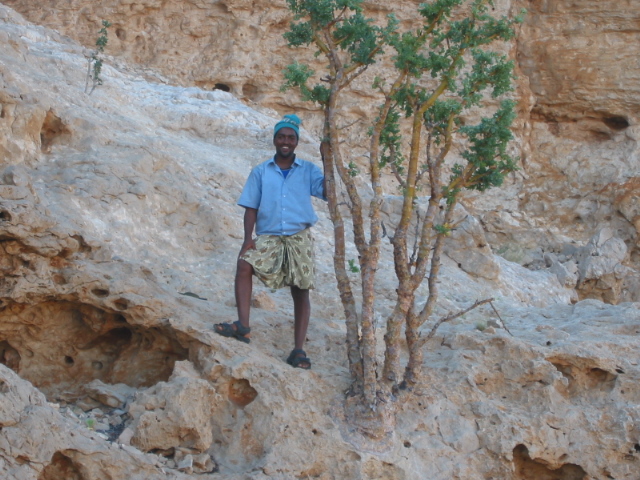
Part V
May 23, 1969

Ahmed Yusuf Dualeh, Minister of Foreign Affairs of Somalia, addressing the Assembly. October 03, 1966. United Nations,
Mohammed Haji Ibrahim Egal has been reappointed Prime Minister of the
In all, 64 political parties contested the elections. Final results gave the ruling Somali Youth League (SYL) 73 out of the total 124 seats. The remainder were shared by a host of small groupings. Since the election, however, almost all of these representatives of the splinter parties have joined or rejoined the SYL, with the result that at the time of writing 121 out of 124 are supporters of the SYL. This massive floor-crossing, following an election, is traditional to Somali politics. In the main the differences between the parties are neither ideological nor geographical but reflect personal and clan rivalries.
According to the usual pattern of Somali politics a number of SYL supporters will recross the floor when Mr. Egal has formed his government. Those who recross will be people whose hopes for office have been dashed or who disapprove of the make-up of the new Egal government.
We understand that Mr. Egal is likely to succeed both in forming a government and in getting it accepted by a majority of the National Assembly. More important, we understand that the policy of d�tente with neighbouring
Egal, we understand, will continue the policy of d�tente for the following reasons:
1. The Somali government knows that it will get absolutely no change out of the Organisation of African Unity if it resumes an aggressive policy towards its neighbours (the example of Biafra demonstrates just how firmly the idea of �territorial integrity � is held by the vast majority of African leaders). But
2. The d�tente is very much Egal`s own policy.
3. The d�tente has brought practical benefits to ordinary Somalis in the form of easier trading conditions and so on. Therefore, though very many Somalis still dream of reuniting themselves with their kith and kin in �Greater Somalia,� the policy of d�tente has now been shown to offer some practical benefits.
Egal as Prime Minister has a domestic advantage in that he preserves the traditional balance between the Northern (formerly British) and Southern (formerly Italian) parts of the
October 24, 1969
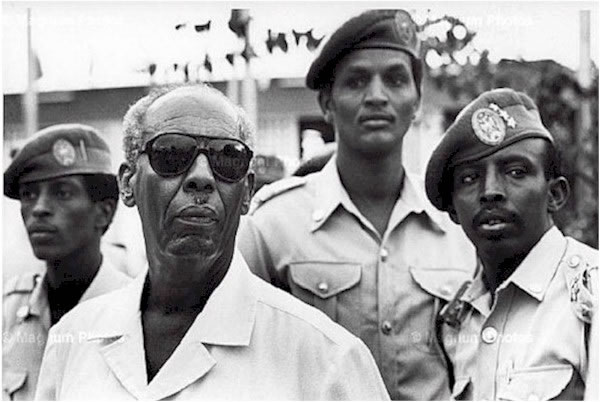
The assassination last week of President Abdirashid A Sharmarke and the military coup which this week ousted Prime Minister Mohammed Haji Ibrahim Egal, put the Somali Republic on a familiar and well-trodden political path.
As we went to press the names of the members of the new �National Revolutionary Council� were not known but its leader appeared to be Major-General Mohammed Siyad, the C.-in-C. of the army. If Siyad does emerge and remain as the real leader of the new regime no really stunning changes in the political stance of
Siyad is certainly not a political self-seeker and probably only acted because he knew that if he did not, the younger army and police officers would have gone ahead without him. For the army`s and the police`s impatience with the corruption of the previous regime�which involved not only the politicians but the civil servants as well�was shared by very large sections of the public. For that reason the coup was almost certainly initially popular. As we went to press (about 24. hours after the coup) we learned that shops had reopened in
As the new regime is a combined army-police affair, Siyad`s background should be a help to him. For originally he was a policeman, only switching to the army when the Somali armed forces were set up after independence in 196o.
TIMING. The most likely explanation for the timing of the coup is that we understand that Prime Minister Egal in his search for a successor to President Sharmarke was trying to find some candidate who would have assured the continuance in power of the present government. There was widespread rigging (and violence) in the Somali elections this year and presumably the army and police felt it was time for a political clean-up. There were also increasing suspicions that the politicians were interfering with the judiciary which had previously enjoyed a high reputation for independence.
Perhaps an even more pressing reason for military intervention was growing chaos in the machinery of government, both in the ministries and in the state enterprises. Nepotism had been carried to extraordinary lengths with the result that though ministries were massively overstaffed each one only had a small handful of people who actually tried to keep the wheels of the administration turning. There was also a widespread breakdown of any system of financial control. The most extraordinary reports we have received were that a number of district governors were appointed earlier this year who were former office messengers and the like. Their only qualification was that they were related to political figures.
FUTURE POLICY. The initial seven-point policy statement of the new regime broadcast by Radio Mogadishu is moderate in tone. The support expressed for the rights of all liberation movements has given ground for fears that Somalia will return to her old irredentist policy of seeking to establish � Greater Somalia� [see AFRICA CONFIDENTIAL 1969, No. 11]. This would involve the renewal of border clashes with
Two other factors will also be in Gen. Siyad`s mind. He knows very well that if he does not carry through a drastic clean-up he will be pushed aside by the more impatient younger officers. In addition he will recall that there was widespread discussion in the army and police (even before last March`s elections) about the possible merits of a coup. We understand that the possibility was seriously considered even then.
Relations with the
Unlike the army, the police lean on the
In the long term it seems very unlikely that
Read: Part I, Part II, Part III, Part IV
Compiled by:
Roobdoon Forum
Related Articles:
Somali Independence Week Series � Part I
Somali Independence Week Series � Part II
.jpg)
.jpg)
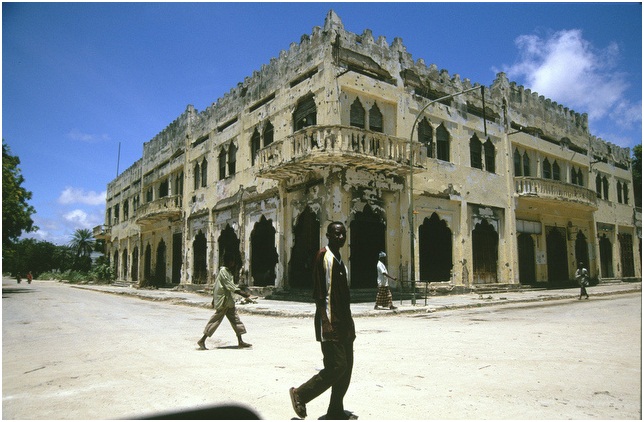
|
|
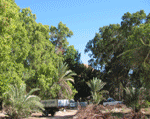 Sawirro Somaliya  |
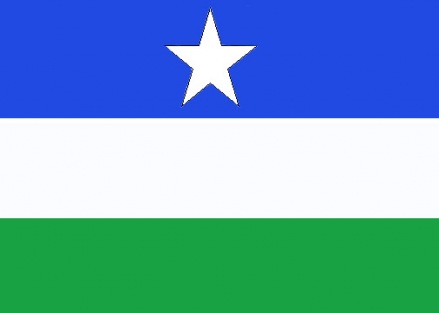
|
GOVERNANCE
The Scourge and Hope of Somalia A New Book By Ismail Ali Ismail  Which Way to the Sea, Please? By Nuraddin Farah Dhulkii Burcad-Badeedda .jpg) Budhcad Badeed Weli Qiil ma Leeyahay? 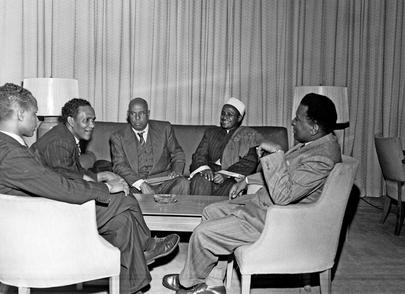 SYL LETTERS By A S Faamo |
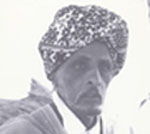 |
 |
© Copyright BiyoKulule Online All rights reserved�
Contact us [email protected] or [email protected] |

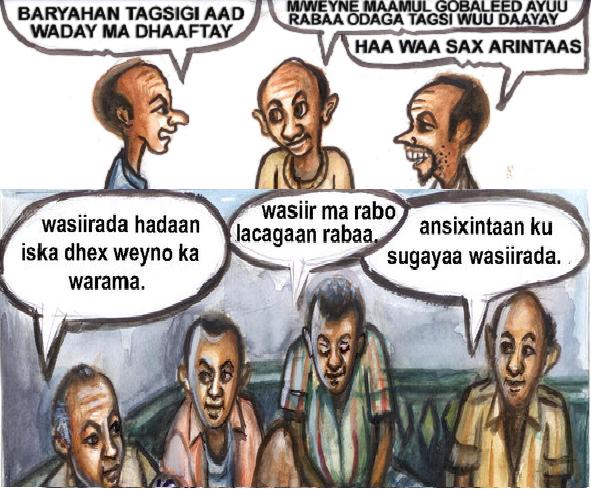
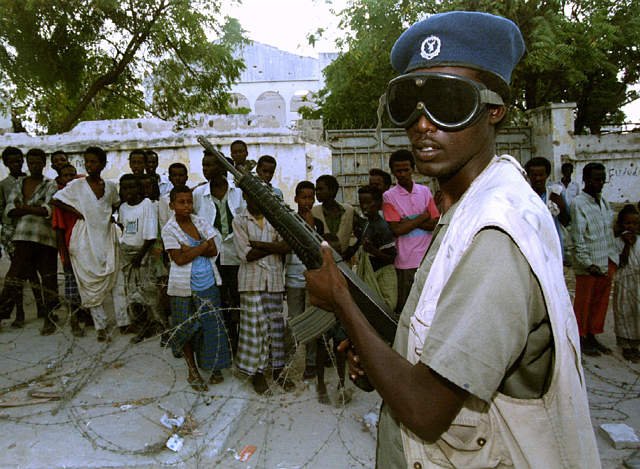


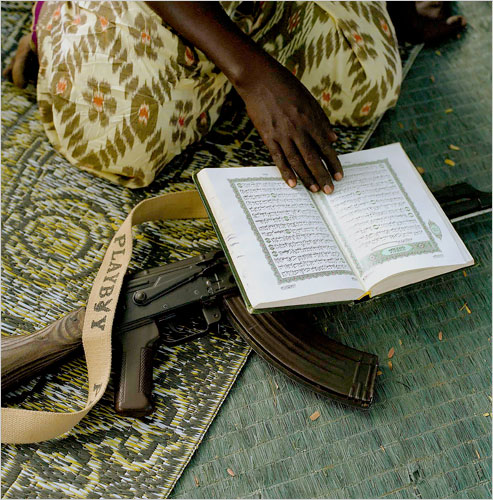

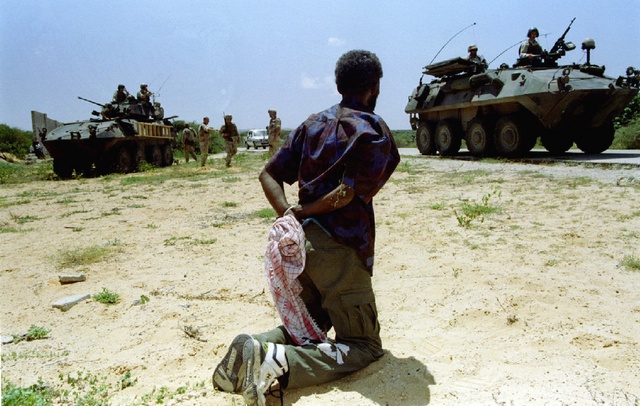
.jpg)


